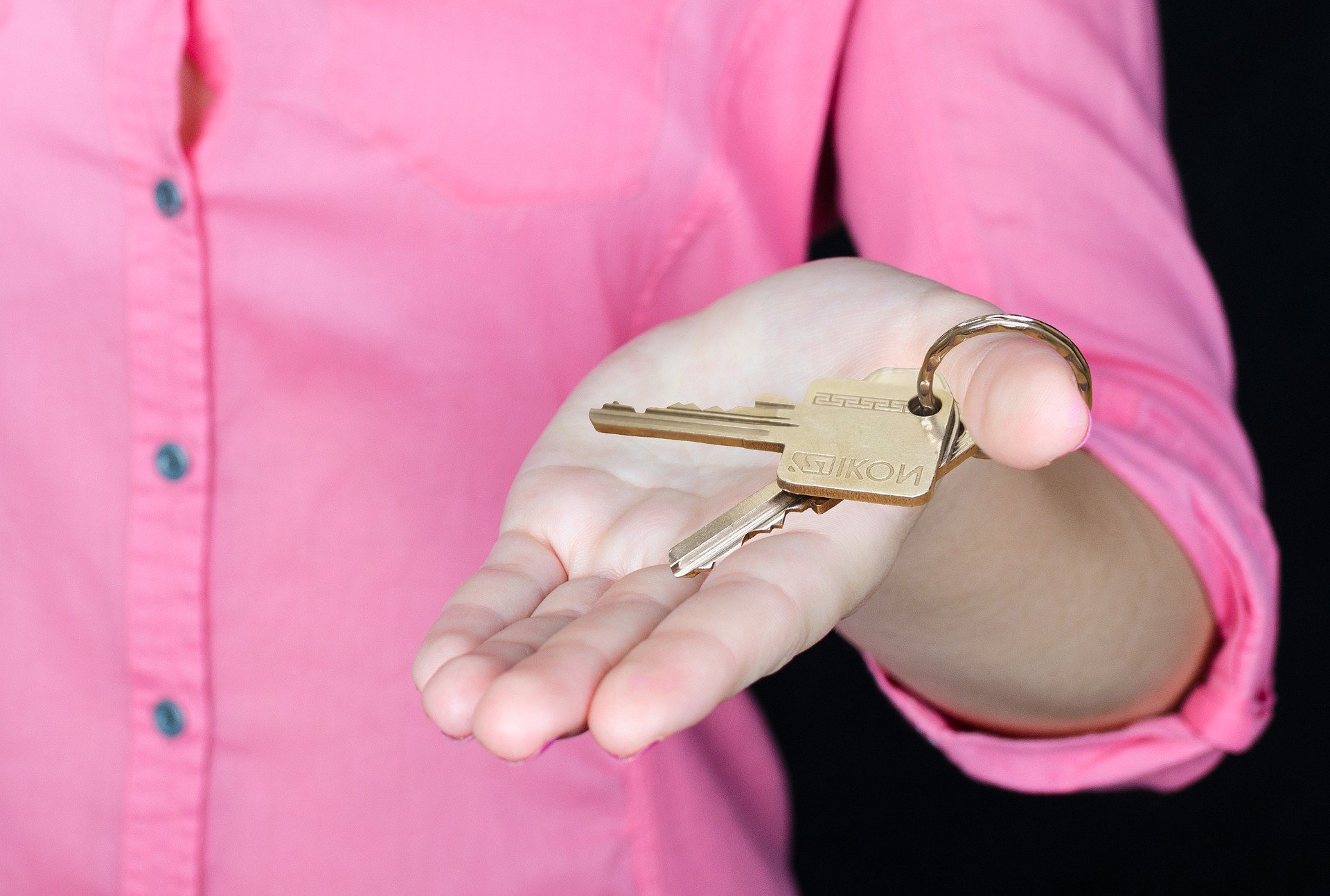The Housing Market in 2020: The Market After Lockdown
At the start of 2020, the housing market was looking particularly healthy. We were seeing the highest levels of activity and demand the market has seen in years. With some clarity emerging over where the UK stood in relation to the EU, confidence in the market had never been higher.
However, the UK housing market as a result of the lockdown had to be put on hold. By effectively freezing the market, rather expectedly, the market took a hit. House prices dropped as a result of the plummet in demand, with roughly £82bn worth of house sales put on hold.
The Government has, however, now given the all-clear for the housing market to reopen. Property viewings, moving homes and valuations have been given the green light to continue, so many will naturally be asking if we will see the same level of pre-pandemic activity return.
A difficult time for the Housing Market in 2020
Unfortunately, the result of lockdown hit the wider economy, not just the housing market. In fact, it is predicted that that the economy has shrunk by just over 30 percent, experts have naturally put the two together and expect house prices to fall by roughly £30,000 for the average property. The long-term economic impact is set to have a lasting effect on the market.
Most experts predict anywhere between a 5 percent to 13 percent fall in house prices to the year end. Estate agent Savills are somewhat in the middle, with a prediction of a 7.5 percent fall, though this rises to 10 percent depending on various factors relating to the wider economy. For perspective, the prediction before lockdown took hold was a 1 percent rise in prices.
Where will prices be hit most?
It is likely that house prices will fall in some regions at a greater rate than others. Those areas with high levels of workers in hospitality, manufacturing, retail and construction will have had the biggest hit as a result of lockdown, thus are the least likely to spend or move to a new house, having the greatest fall in prices.

The level of this fall relative to other areas of the UK is questionable, however. Property giant Knight Frank believe there will not be significant price falls in general, a small drop of 3 percent predicted across the UK, with only those areas with greater unemployment likely to see a noticeably higher drop.
With most sellers willing to drop up to 10 percent off their house price to sell in the current climate, this continued activity is predicted to keep the market afloat. Knight Frank are confident that will see the market pick up again in 2021, with a rise in house prices of roughly 5 percent based on the 3 percent fall this year.
London is predicted to make the fastest recovery, with the continued interest of overseas clients benefiting from the fall in value of Sterling.
The economy should recover
Whilst many are comparing the current crash in the economy to the 2008 financial crisis, it is important to remember that the recent crash was not a result of financial incompetence, it was something that could not have been prevented.
The benefit here is that the economy should be able to recover quicker, the foundations were laid, we were seeing positive economic health prior to the lockdown.
The Government were quick to react to protect the economy. By introducing furlough payments, slashing interest rates and implementing stricter affordability checks, house prices and the wider economy were prevented from realising a drastic downward trajectory.
Experts believe that the market should begin to rebound in early 2021 once the dust has settled both over the implications of lockdown and the UK officially leaving the European Union. People will need time to recover their personal finances, with most taking a financial hit as a result of the lockdown.
Buyers won’t necessarily benefit
On face value, a fall in house prices should mean it is easier for buyers to snap up a property bargain. However, depending on the group you fall into, it may not be so easy to secure property in the current climate.

Most notably, lenders have once again become more risk adverse, reducing the availability of mortgages. Those that are continuing to offer mortgages are doing so with an increase in the down payment required.
This is a big hit to first time buyers hoping to get on the property ladder. This demographic was the most likely to have been adversely affected by the lockdown anyway, so to now have to build a greater savings pot to put towards the mortgage will very likely put any plans to purchase on hold.
Those that were fortunate enough to stay in employment throughout this and had already built up a sizeable savings pot will benefit with lower asking prices. If you are in this position, now may be the time to buy.
Should I hold onto my property?
Those looking to sell will not get what they could have just six months prior. If you are still eager to sell, expect to knock off anywhere between 5 and 10 percent to get the sale pushed through.
Those holding property in the short term may face a similar issue in the form of negative equity. This is where the value of your home is less than the value of the mortgage you are paying off.
This is certainly a concern for those that recently purchased property as you will not be able to sell your existing property for a like-for-like without spending extra money. This traps those looking to take advantage of better mortgage deals when they return, tied in with low levels of interest.
In short, try and ride the situation out. Interest rates are likely to stay put for a while yet and you certainly don’t want to sell and lose value on your home, switching lender is not a viable option.
When will the market see a boost?
As mentioned previously, it is unlikely that we will see growth in the property market for the rest of 2020. However, there are some additional measures that the Government can introduce to reignite further activity in the market now that it has reopened.
The major change would be the introduction of a stamp duty holiday. Many have called on the Government to introduce a stamp duty holiday to counter the decreased activity and lower confidence in the market.
Stamp Duty Land Tax (SDLT) is owed on the purchase of a home, more so on the purchase of a second home and is off-putting for buyers in the current market. The move could be used as a short-term measure to give buyers the incentive to purchase.
Whilst there is scepticism this will be introduced due to difficulties regarding tax receipts with the treasury, it would certainly be a welcome change. The Government could also expand its Help to Buy scheme, which could be a push for developers to finish existing projects and carry out additional projects with some assurances over the sales of the property once they are completed.
ARE YOU READY TO START INVESTING?
Subscribe to our mailing list now for exclusive deals, investment guides and
the latest information from the property market.
ARE YOU READY TO START INVESTING?
Subscribe to our mailing list now for exclusive deals, investment guides and the latest information from the property market.







